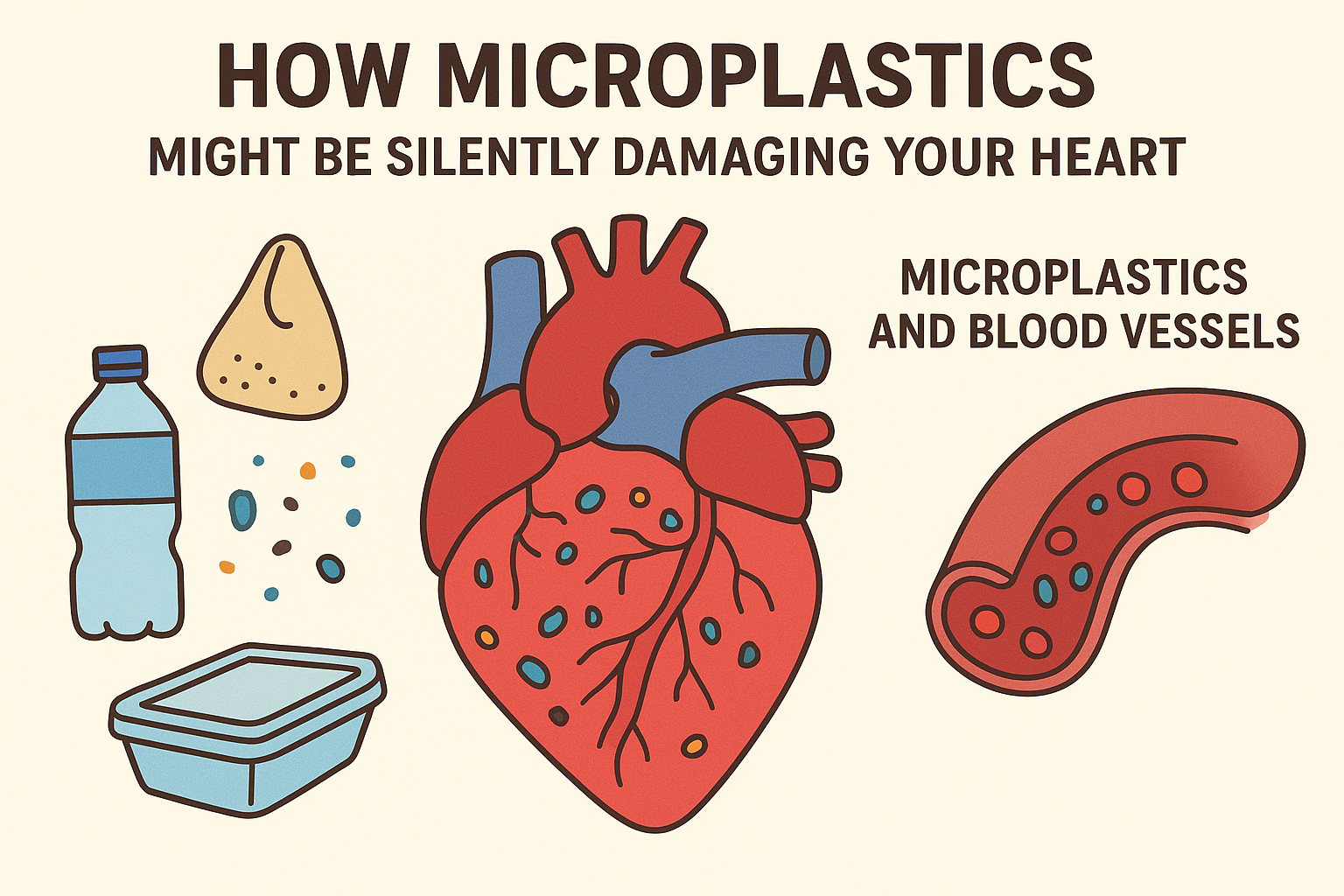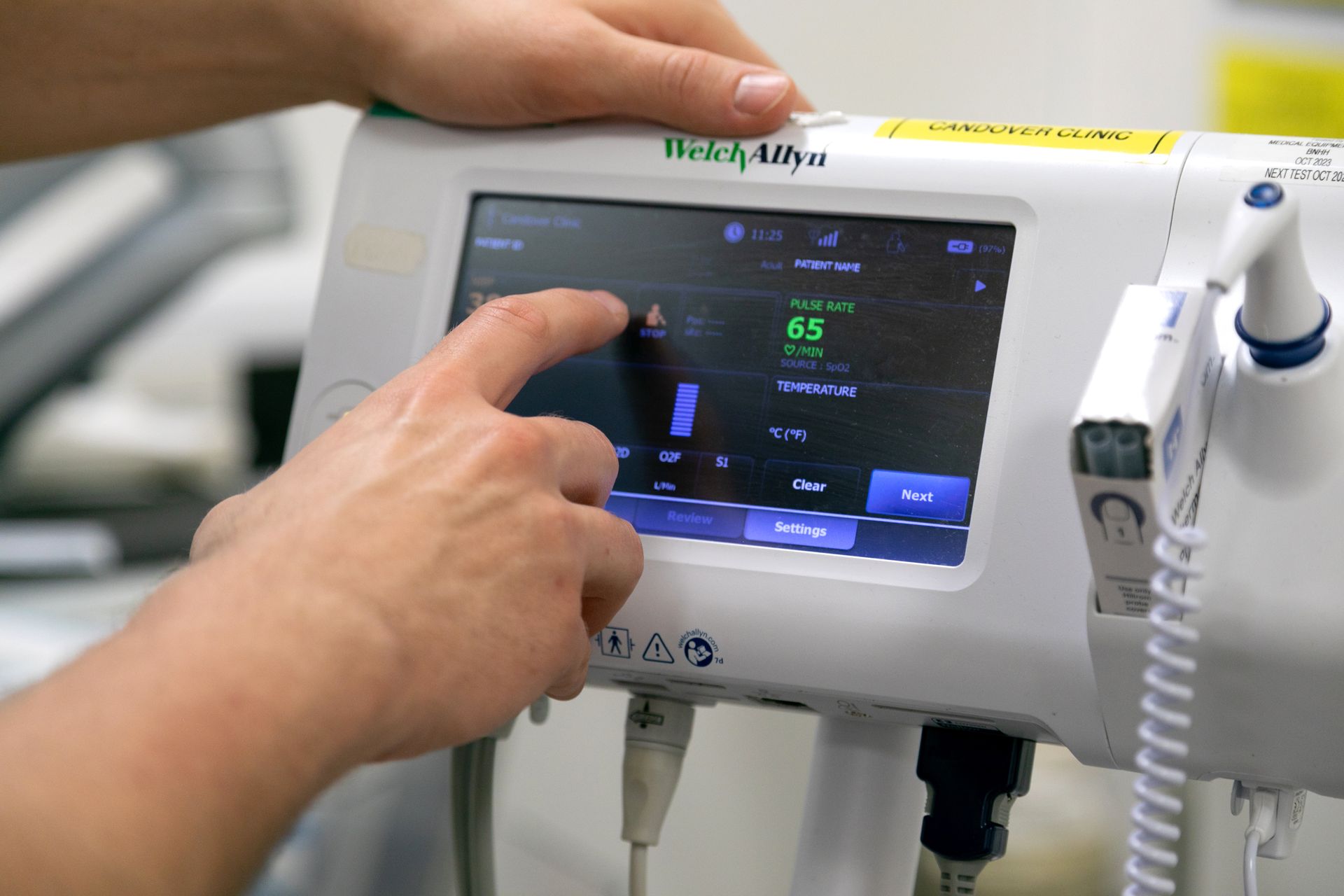
Introduction: The Transformative Power of Running
Running, a simple yet powerful exercise, offers a myriad of benefits that extend beyond weight loss and endurance. This article describes how running can help the heart, supported by real research evidence.
We will answer several interesting questions, including:
- Will running make you live longer?
- How much running is enough to make you live longer?
- Can jogging reduce cholesterol levels?
- Does exercising more than recommended make you live longer?
- Does exercising in your early adulthood matter 20 years later?
- Is exercising in the morning better for your heart?
The HEART HEALTH Benefits of Running
Strengthening the Heart Muscle
Running is a highly effective cardiovascular exercise that strengthens the heart muscle. Regular running sessions improve the heart's efficiency, allowing it to pump blood more powerfully and with less effort. As circulation improves, oxygen and essential nutrients are delivered more efficiently to tissues and organs throughout the body, supporting overall health and vitality.
Lowering Blood Pressure and Improving Cholesterol
Consistent running helps lower both systolic and diastolic blood pressure, significantly reducing the risk of hypertension—a leading cause of heart disease. It also positively impacts blood lipid levels by lowering triglycerides and boosting high-density lipoprotein (HDL) cholesterol. These changes help prevent the buildup of arterial plaque, contributing to healthier, more resilient blood vessels.
Enhancing Vascular Function
Running regularly enhances endothelial function, which plays a critical role in maintaining healthy blood vessels. Improved endothelial performance promotes better vasodilation—the ability of blood vessels to expand and contract as needed. This flexibility is essential for regulating blood pressure and ensuring adequate blood flow during physical activity and daily life.
Does RUNNING make You LIVE Longer?
YES, according to an observational study published in JACC in 2014, which looked at associations of running with all-cause (any death) and cardiovascular mortality (death related to heart disease) risks.
The authors included 55 137 participants aged between 18 and 100 years, with mean age of 44.
They concluded after 15 years (mean)of follow-up:
▪️24% of participants were engaged in running in the study population
▪️in comparison to non-runners, runners had 30% and 45% decreased adjusted risks of dying of any cause and dying of a heart disease, respectively
▪️3-year life expectancy benefit was noted
▪️even 5-10 minutes per day and slow speed <6mph were associated with markedly reduced risk of death from all causes and cardiovascular disease
▪️’this study may motivate healthy but sedentary individuals to begin and continue running for mortality benefits’
https://pubmed.ncbi.nlm.nih.gov/25082581/
How much RUNNING is enough to make You LIVE LONGER?
Even 50mins of running a week reduces the RISK of DEATH by 27% from all causes, according to a meta analysis, which included over 230,000 participants and was published in British Journal of Sports Medicine.
https://bjsm.bmj.com/content/54/15/898
In 2015 another study published in JACC, showed that 1 to 2.4 hrs of jogging per week was associated with the lowest mortality and the optimal frequency of jogging was 2 to 3 times per week. The study also concluded that light and moderate runners have lower mortality than sedentary non joggers, whereas strenuous runners have a mortality rate not statistically different from that of the sedentary group. Link to this study below.
https://www.sciencedirect.com/science/article/pii/S0735109714071745?via%3Dihub
Can Jogging reduce CHOLESTEROL levels?
There are several ways to reduce Your blood Cholesterol and one of them is JOGGING, according to a study, published in 2021 in the Journal of the International Society of Sports Nutrition.
Jogging is associated with a reduction of:
⬇️ Tryglicerides (95% CI = 5.9-14.5 mg/dL)
⬆️ Tryglicerides/High-density lipoprotein cholesterol ratio (95% CI = 0.22-0.49)
and
⬆️ Increased level of High-density lipoprotein cholesterol (95% CI = 2.1-3.3 mg/dL)
– It was an observational study, which enrolled 27735 participants and was published in the Journal of the International Society of Sports Nutrition in May 2021.
– Regular jogging was defined as 30 mins of ‘exercise’ three times a week.
The author concluded: ‘Regular jogging was not only associated with an increased level of HDL-C, but also the only one exercise associated with decreased level of TG and TG/HDL-C ratio. Nonetheless, jogging may be difficult to engage in for subjects with limited exercise capacity. We here found that swimming, dancing, and cycling are also significantly associated with an increased level of HDL-C. People who are seeking exercise to improve their lipoprotein-lipid profiles can have other choices now’.
https://jissn.biomedcentral.com/articles/10.1186/s12970-021-00436-2
Does EXERSICING more than recommended make You LIVE LONGER?
Yes, according to a study described below.
Lower risk of dying was shown to be associated with:
– 150-299 mins per week of Moderate Physical Activity or
– 300-599 mins per week of Vigorous Physical Activity or
– A time combination of the above.
Moderate Physical Activity (3-6 METs) includes: walking very briskly, cycling, cleaning such as mopping or washing windows and badminton or tennis doubles.
Vigorous Physical Activity (>6 METs) includes: Basketball, Football, Hiking, Jogging, Cycling fast or even shovelling.
It was a large study, which included 116 221 adult participants and follow up lasted 30 years.
It was published in Circulation in July 2022.
Participants, who performed VPA (75-149 min per week) versus no VPA had lower overall mortality (HR 0.81), lower non-cardiovascular mortality (HR 0.85) and lower cardiovascular mortality (HR 0.68).
Individuals with weekly MPA of 150-299 mins per week showed reduction of overall, cardiovascular and non-cardiovascular risk of dying by 19-25%.
However, people who exercised more than that, as mentioned at the beginning, VPA of 150-299 mins a week and MPA of 300-599 minutes a week, had lower mortality risk of 2%-4% and 3%-13%, respectively.
Exercising beyond that showed no further benefit or harm.
https://www.ahajournals.org/doi/full/10.1161/CIRCULATIONAHA.121.058162
Does exercising in your early adulthood matter 20 years later?
▪️Starting and continuing heightened cardiorespiratory fitness at an early adult age may decrease risk of dying and developing cardiovascular disease, claims this study ➡️ published in the JAMA Network Open journal in February 2023.
▪️4804 participants age 18 to 30 (mean age 24.8, 56% females) were recruited in 1985 and 1986. They were assessed at baseline and followed up ever since.
▪️ At baseline, even 1 minute of increased fitness was associated with a lower risk of all-cause death.
▪️Similarly, retained fitness through year 20 was linked to reduced risk of dying from any cause.
▪️In addition to this, similar association was observed in terms of fatal and nonfatal Cardiovacular Events.
▪️These results come from an ongoing Coronary Artery Risk Development in Young Adults (CARDIA) study.
▪️The authors concluded: ‘This cohort study found that higher early-adulthood respiratory fitness and greater retention of early-adulthood cardiorespiratory fitness throughout midlife were associated with a lower risk of premature death and CVD events. Additional research is needed to clarify the association of cardiorespiratory fitness timing across the life course with risk of clinical outcomes.’
Is EXERCISING in the MORNING better for Your Heart?
▪️The answer is YES, according to this study ➡️ published in November 2022 in the European Journal of Preventive Cardiology.
▪️Study participants who were physically active in late morning had 16% lower risk of coronary artery disease (HR: 0.84, 95%CI: 0.77, 0.92) and 17% lower risk of stroke (HR: 0.83, 95%CI: 0.70, 0.98) in comparison to individuals who were physically active at midday.
▪️Interestingly these effects were more pronounced in female participants.
▪️It was a large trial, which included 86657 individuals with mean age of 61.6, mean BMI of 26.6 and 58% females.
▪️The follow up lasted for 6 years and 3707 cardiovascular events were noted.
▪️The researchers concluded:
‘Irrespective of total physical activity, morning physical activity was associated with lower risks of incident cardiovascular diseases, highlighting the potential importance of chronoactivity in CVD prevention.’
https://academic.oup.com/eurjpc/advance-article/doi/10.1093/eurjpc/zwac239/6814439
Dr Bart Olechowski is a private consultant cardiologist offering expert care across several clinics, including Sarum Road Hospital in Winchester, Candover Clinic in Basingstoke, and Spire Clare Park Hospital in Farnham. He specialises in coronary intervention, providing tailored advice to private patients. Dr Bart is a passionate advocate of healthy living and an avid runner himself.











